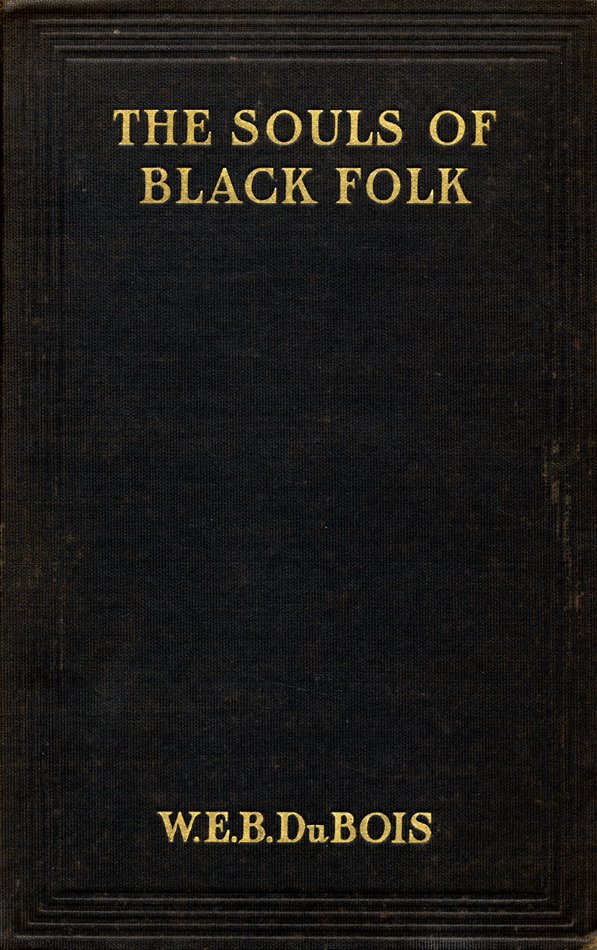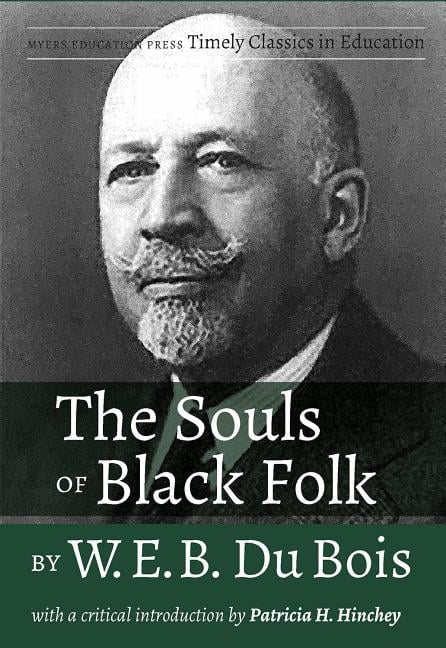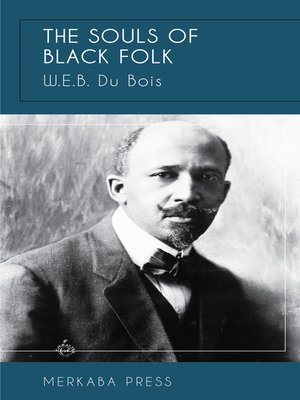

Editor of The Crisis, NAACP's monthly journalĭu Bois became the editor of the organization's monthly magazine, The Crisis, using his perch to draw attention to the still widespread practice of lynching, pushing for nationwide legislation that would outlaw the cruel extrajudicial killings. In this collection of essays, Du Bois described the predicament of Black Americans as one of "double consciousness": "One ever feels his twoness, - an American, a Negro two souls, two thoughts, two unreconciled strivings two warring ideals in one dark body, who dogged strength alone keeps it from being torn asunder." The term "double consciousness" has come to be widely used as a theoretical framework to apply to other dynamics of inequality.

In an essay published in The Atlantic Monthly in 1897, "Strivings of the Negro People," Du Bois wrote that Black Americans should instead embrace their African heritage even as they worked and lived in the United States.ĭu Bois published his seminal work The Souls of Black Folk in 1903.

He also spoke out against the notion popularized by abolitionist Frederick Douglass that Black Americans should integrate with white society. Washington, another contemporary prominent intellectual, that Southern Blacks should compromise their basic rights in exchange for education and legal justice. He challenged the position held by Booker T. Leading Intellectualĭu Bois, a scholar at the historically Black Atlanta University, established himself as a leading thinker on race and the plight of Black Americans. The first Black American to earn a PhD from Harvard University, Du Bois published widely before becoming NAACP's director of publicity and research and starting the organization's official journal, The Crisis, in 1910. Du Bois was already well known as one of the foremost Black intellectuals of his era. Before becoming a founding member of NAACP, W.E.B.


 0 kommentar(er)
0 kommentar(er)
